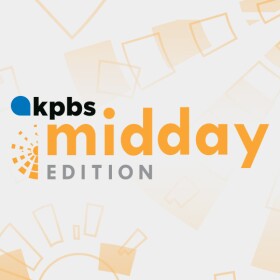Gonzaga and Baylor will battle for the NCAA Championship on the basketball court Monday night. Meanwhile, there is also a battle happening in the U.S. Supreme Court over compensation for student athletes and whether or not the NCAA is violating antitrust laws by limiting how much compensation they can receive. The issue has been highlighted by the pandemic, while in-person classes on many campuses ceased many collegiate athletes continued playing in-person games.
RELATED: Fair Pay To Play Act Puts Full Court Press On NCAA
The Supreme Court case is all part of a larger effort to change a billion dollar sports industry that pays players nothing outside of scholarships.
California galvanized the effort with the Fair Pay to Play Act which was signed into law in 2019 which allows college athletes in California to acquire endorsement deals and the use of their likeness while still maintaining eligibility to play collegiate sports. San Diego Attorney Len Simon, who is also an Adjunct Law Professor at USD specializing in sports and the law, helped craft the legislation.
RELATED: Supreme Court Weighs Whether NCAA Is Illegally 'Fixing' Athlete Compensation
"They've got tuition, room, board, books and maybe a fancy athletic program but eating or taking a friend to the movies may be beyond their means," said Simon who joined Midday Edition to discuss the Supreme Court case and California's law.








